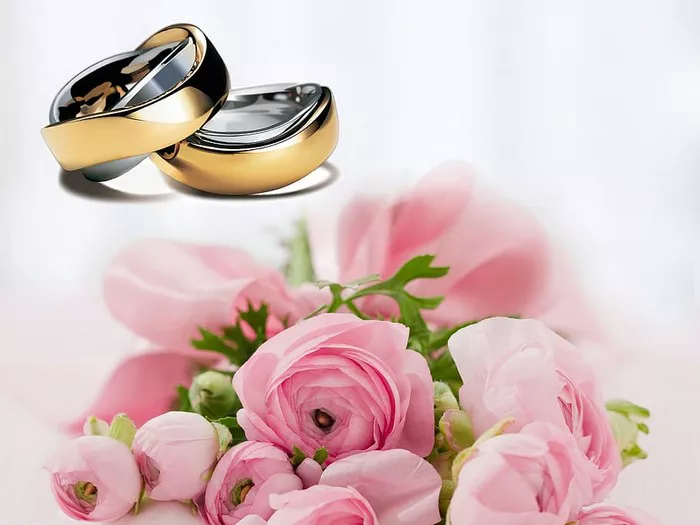The wedding ring industry is undergoing a technological revolution, with innovations ranging from 3D-printed custom designs to smart rings that track marital milestones. A study by McKinsey & Company predicts that the global market for personalized and tech-integrated wedding rings will grow by 60% over the next five years, driven by younger couples who crave both individuality and functionality in their symbols of love.
One of the most groundbreaking developments is the use of 3D printing in jewelry design. Traditionally, crafting a custom ring required weeks of labor and significant expense. Now, with advanced 3D printing technology, couples can design their own rings using software, previewing them in virtual reality before production. This allows for unprecedented levels of personalization—engravings of fingerprints, soundwaves of vows, or even microscopic inscriptions of DNA sequences. Some companies are taking it a step further by incorporating materials like carbon fiber or recycled metals into 3D-printed rings, appealing to eco-conscious and tech-savvy buyers alike.
Smart rings are another emerging trend, blending tradition with cutting-edge technology. Companies like Oura and McLEAR have introduced wedding bands embedded with sensors that track heart rate, stress levels, and even physical proximity between partners. These rings can sync with smartphones to send reminders for anniversaries or prompt couples to check in emotionally during stressful times. While some critics argue that tech-infused rings detract from the timeless symbolism of marriage, proponents see them as a natural evolution—a way to deepen connection in an increasingly digital world.
Personalization extends beyond technology, with couples opting for rings that reflect their shared passions. For example, adventure enthusiasts are choosing rings made from durable materials like titanium or ceramic, designed to withstand extreme conditions. Others are incorporating unconventional gemstones, such as black diamonds or galaxy-inspired opals, to mirror their unique personalities. The rise of “matching but not identical” his-and-hers sets also highlights a move toward equality and individuality within partnerships.
The retail experience is transforming as well. Virtual try-on apps, powered by augmented reality, allow couples to “try on” thousands of ring styles from home. Blockchain technology is being used to verify the authenticity and ethical sourcing of diamonds, providing transparency that was previously impossible. Some jewelers are even experimenting with AI-driven design assistants that suggest styles based on a couple’s social media activity or aesthetic preferences.
As the wedding ring industry embraces these innovations, one thing remains constant: the desire for a meaningful symbol of love. Whether through high-tech features, hyper-personalized designs, or sustainable materials, couples today have more options than ever to find a ring that truly represents their relationship. The future of wedding rings is not just about adornment—it’s about connection, creativity, and celebrating love in ways that resonate with the modern world.


